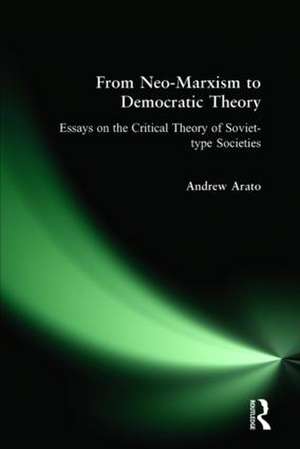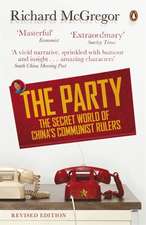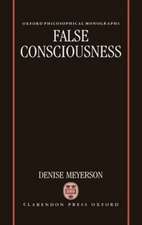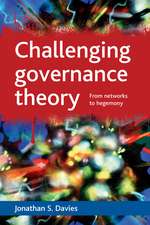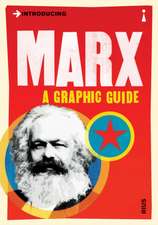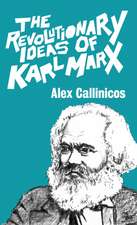From Neo-Marxism to Democratic Theory: Essays on the Critical Theory of Soviet-type Societies
Autor Andrew Aratoen Limba Engleză Hardback – 31 iul 1993
Preț: 1006.60 lei
Preț vechi: 1227.57 lei
-18% Nou
Puncte Express: 1510
Preț estimativ în valută:
192.67€ • 209.36$ • 161.95£
192.67€ • 209.36$ • 161.95£
Carte tipărită la comandă
Livrare economică 21 aprilie-05 mai
Preluare comenzi: 021 569.72.76
Specificații
ISBN-13: 9780873328821
ISBN-10: 0873328825
Pagini: 256
Dimensiuni: 152 x 229 x 33 mm
Greutate: 0.64 kg
Ediția:1
Editura: Taylor & Francis
Colecția Routledge
Locul publicării:Oxford, United Kingdom
ISBN-10: 0873328825
Pagini: 256
Dimensiuni: 152 x 229 x 33 mm
Greutate: 0.64 kg
Ediția:1
Editura: Taylor & Francis
Colecția Routledge
Locul publicării:Oxford, United Kingdom
Cuprins
Part I Western Marxism and Soviet-Type Societies; Chapter 1 Authoritarian Socialism and the Frankfurt School; Chapter 2 Between Apology and Critique: Marcuse's Soviet Marxism; Chapter 3 Critical Sociology and Authoritarian State Socialism; Chapter 4 From Western to Eastern Marxism: Rudolf Bahro; Chapter 5 Immanent Critique and Authoritarian Socialism: On Konrád and Szelényi's Intellectuals; Chapter 6 The Budapest School and Actually Existing Socialism; Chapter 7 Facing Russia: Castoriadis and the Problem of Soviet-Type Societies; Part II The Rise of Civil Society and Democratic Theory; Chapter 8 Civil Society vs. the State: Poland 1980-81; Chapter 9 Empire vs. Civil Society: Poland 1981-82; Chapter 10 The Democratic Theory of the Polish Opposition: Normative Intentions and Strategic Ambiguities; Chapter 11 Some Perspectives of Democratization in East Central Europe; Chapter 12 Social Theory, Civil Society, and the Transformation of Authoritarian Socialism; Chapter 13 Revolution, Civil Society, and Democracy; Chapter 14 Social Movements and Civil Society in the Soviet Union;
Descriere
The essays in this volume attempt to search for a genuinely critical theory. The book begins with the question of why neo-Marxist and post-Marxist analysts failed to produce a critical theory of Soviet socialism or to establish a dynamic relationship with contemporary social
